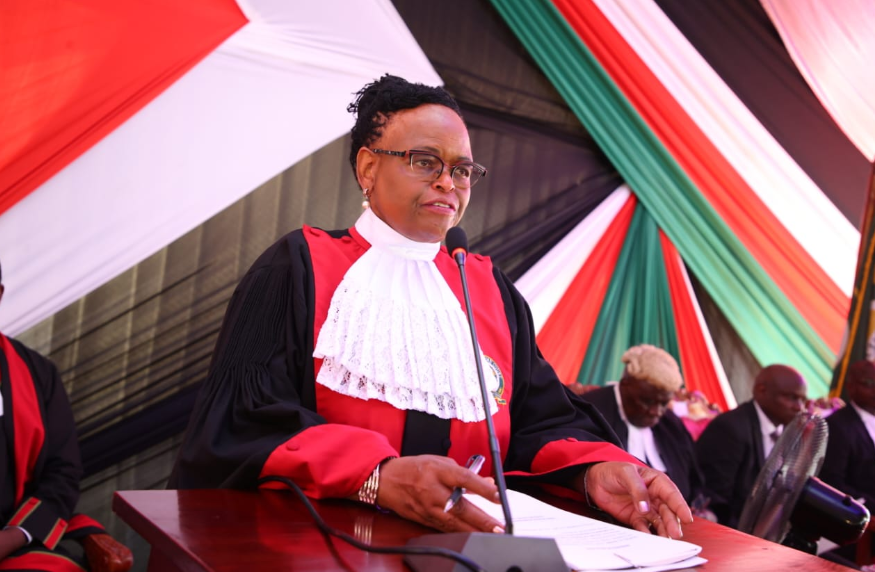Why DRC is a boon to East Africa trade

The Democratic Republic of Congo (DRC) has become East African Community’s seventh Member State after Kenya, Uganda, Rwanda, Tanzania, South Sudan and Burundi.
It is welcome news for the region and Kenya, in particular, to loop the expansive and mineral-rich nation into the trading bloc. In the last decade, investments in DRC have increased more than 20-fold, highlighting the rising interest of the investor community in the country, due to a gradual improvement of its investment and business climate.
More importantly, DRC comes with a population of 92 million people and is well-endowed in natural resources and has the world’s second-largest rainforest. Its natural resources and strategic location are primed to expand the region’s potential in profitable agriculture, energy, and mining sectors.
The new kid on the bloc will definitely attract several suitors as the move comes with a whole new set of instruments that will soon facilitate more trade between the nation and other members.
For example, once DRC starts operating under the principle of the liberalised market, it will see market barriers removed for all member states. This will practically spur regional trade.
Taxes will also be harmonised to make it easier to export and import goods from the DRC and a country like Kenya which is a net importer of food can replenish from the new member if products from Tanzania and Uganda become expensive.
For manufacturers, having DRC in the trading bloc provides a great opportunity to source kkey raw materials, including minerals, directly from the country. The country’s relatively big population provides a new market the size of Kenya and Uganda combined, hence an expansion of consumers for goods and services. Kenyans will also find it easier to set up businesses in DRC and even some jobs can be filled without many restrictions due to an expected elimination of barriers such as work permits, which will allow free movement of labour.
However, investors must be prepared to roll up their sleeves and work hard because the country is still a tough cookie. Investors should brace themselves for governance challenges, low institutional capacity, infrastructural challenges, language barriers, and corruption that continue to present a tough environment for businesses setting base there.
The good news, however, is that Kenya has stepped ahead of the pack with corporations such as Equity Group, Jambojet and KCB having taken the risk to establish themselves before the country became an official member of the EAC.










